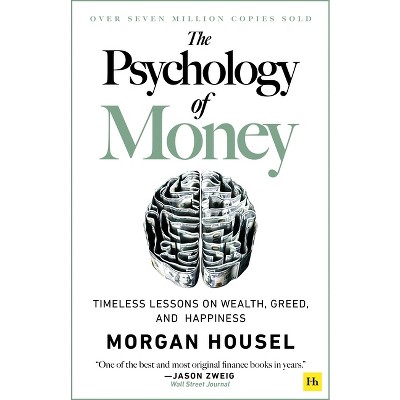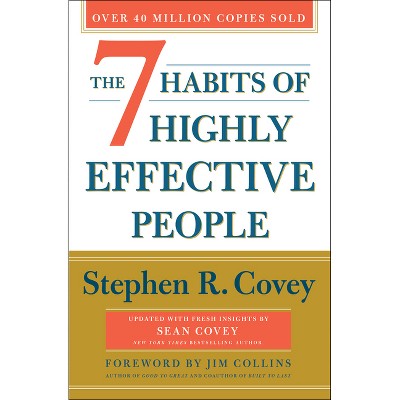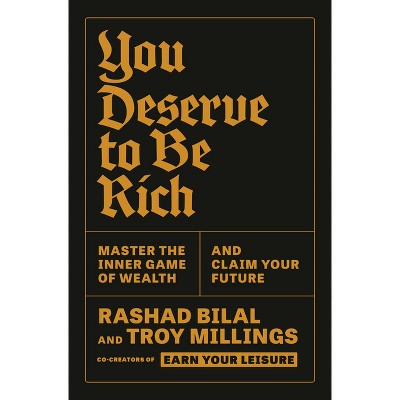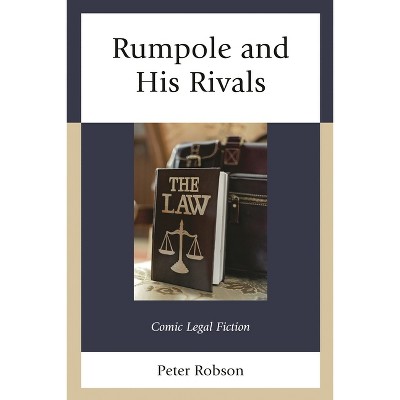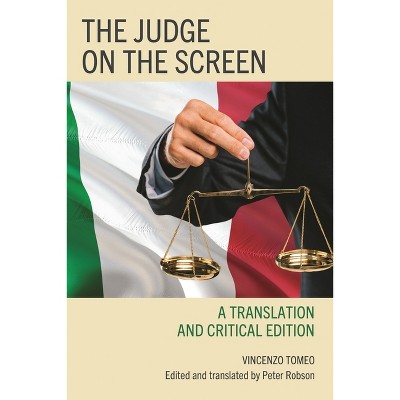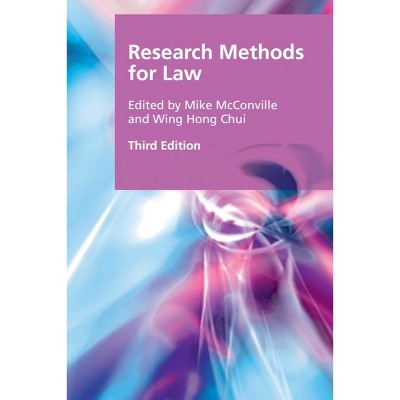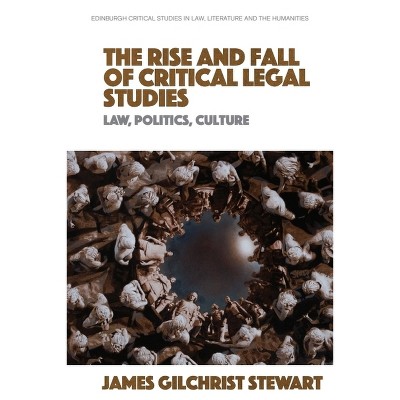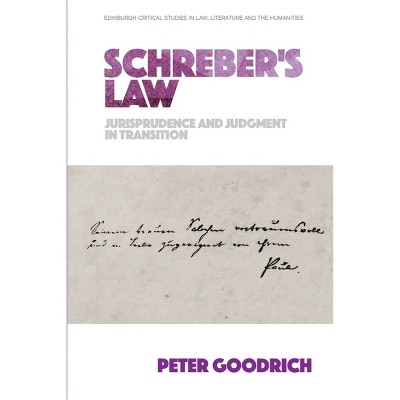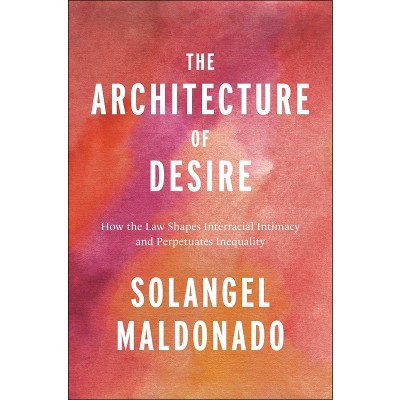Malevolent Legalities - (The Fairleigh Dickinson University Press Law, Culture, and the Humanities) by Kevin S Jobe (Hardcover)

About this item
Highlights
- Malevolent Legalities argues that Justice Antonin Scalia's "textualist-originalism" makes it lawful for discrimination to be performed through the text and seeks to prevent progress by enacting a regime of "static law".
- About the Author: Kevin S. Jobe is assistant professor of philosophy at the University of Texas-Rio Grande Valley.
- 272 Pages
- Freedom + Security / Law Enforcement, Discrimination
- Series Name: The Fairleigh Dickinson University Press Law, Culture, and the Humanities
Description
About the Book
"Malevolent Legalities argues that Justice Antonin Scalia's "textualist-originalism" makes it lawful for discrimination to be performed through the text and seeks to prevent progress by enacting a regime of "static law". The author utilizes archival and legal research to show how the "specters" of Scalia haunt our contemporary legal reality"-- Provided by publisher.Book Synopsis
Malevolent Legalities argues that Justice Antonin Scalia's "textualist-originalism" makes it lawful for discrimination to be performed through the text and seeks to prevent progress by enacting a regime of "static law". The author utilizes archival and legal research to show how the "specters" of Scalia haunt our contemporary legal reality.
Review Quotes
Kevin S. Jobe philosophically advances judicial skepticism to show how the US Supreme Court's use of textualism and originalism is performative discrimination. Jobe's brilliant analyses uncover the racial injustice in recent 'colorblind' rulings by the Court. Malevolent Legalities unmasks the juridical foundations of current backlash against social progress toward equality. This is a must read for scholars of politics and jurisprudence, Left and Right.
The 'Rule of Law' is the proposition that no one and no law is above the law. This regime, or ideology, has created a system of legality to which we submit in the belief of the original proposition. However, as we are all too painfully aware, our histories are entangled with what Jobe calls 'malevolent' legalities. This is a most important contribution to what we can call the aporia of law: law is unlawful itself and law is what creates the order in which we live.
About the Author
Kevin S. Jobe is assistant professor of philosophy at the University of Texas-Rio Grande Valley.
